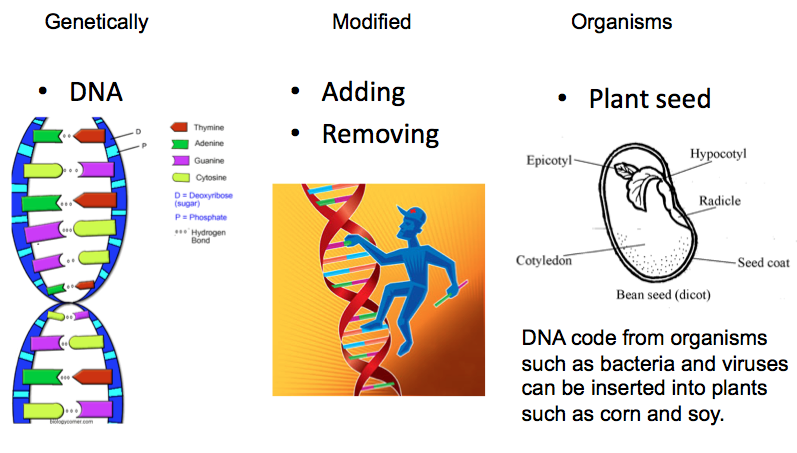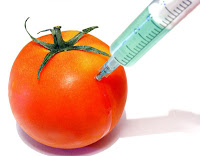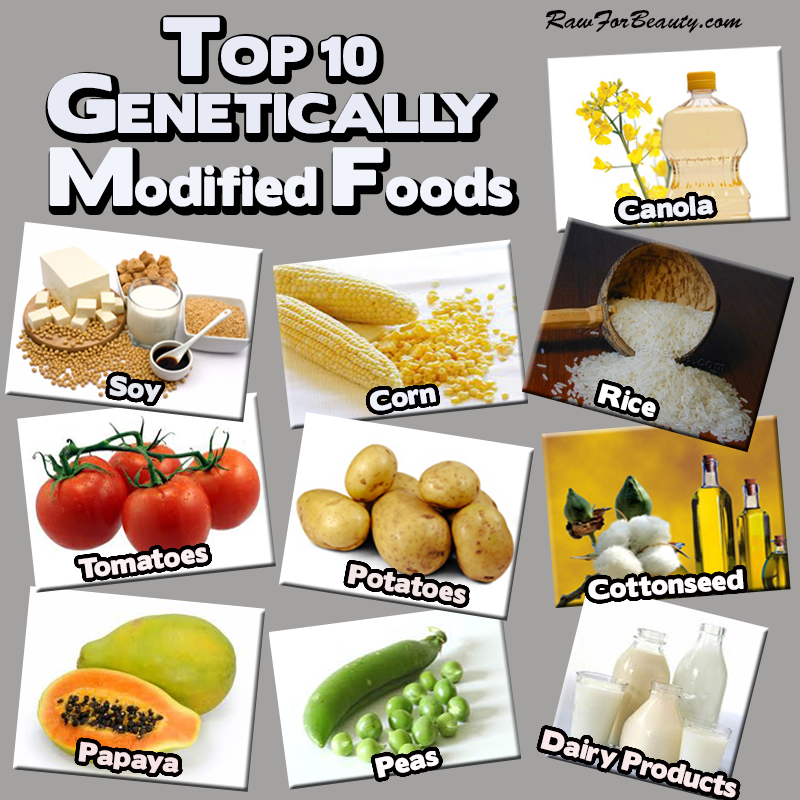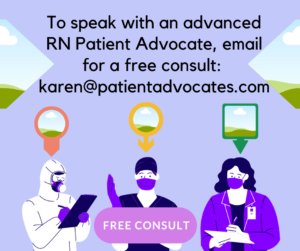GMO food – what is the controversy really about? Are genetically modified foods harmful to our health?

 |
The American Academy of Environmental Medicine (AAEM) urges doctors to prescribe non-GMO diets for all patients. Animal studies indicate the potential for significant health damage from genetically modified foods, such as:
|

What does genetically modified really mean? Genetic fragments of DNA from one organism are inserted into the DNA of another organism, usually from a different species. This is done to make the plant resistant to herbicides and pesticides so these chemicals can be freely sprayed on weeds to boost the crop production. The immune system recognizes the altered genetic material as “foreign” and sets up an allergic response to it. This can trigger inflammatory changes in many organ systems, leading to chronic conditions such as mentioned above.
 |
What crops are affected? Soybeans, corn, sugar beets (now allowed legally to be called “sugar” and put into foods), cotton, wheat, milk and dairy products from cows injected with growth hormones. |
What is the response? GMO foods have been outlawed in most European countries as well as Australia and New Zealand. Japan and Korea have outlawed the importation of genetically modified wheat. There is a major effort in the US to require labeling of GMO foods so people have a choice.
Best way to protect ourselves? Buy organic dairy and wheat products, decrease the use of processed/canned/packaged foods, and learn more here. . .
Click here for a GMO Shopping Guide





Recent Comments